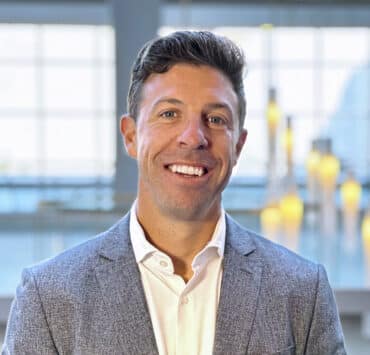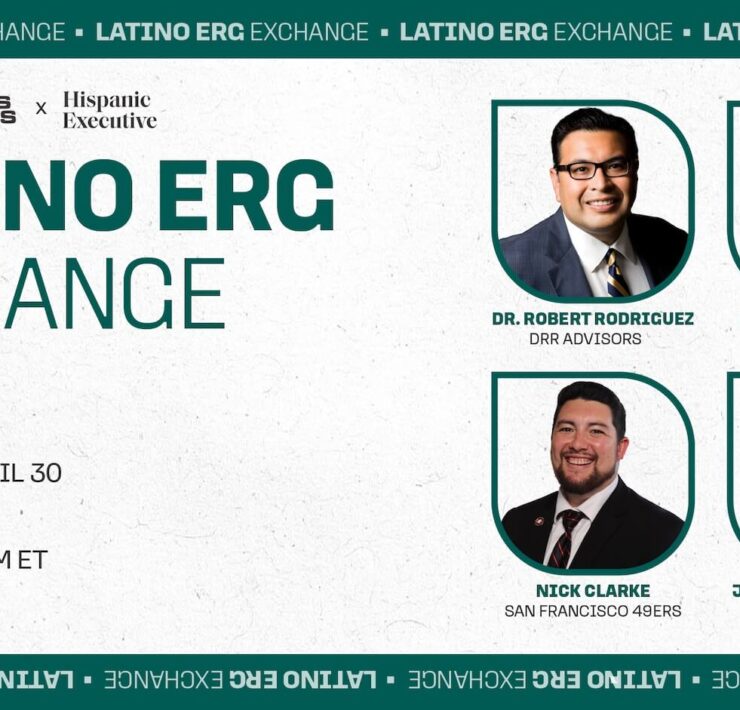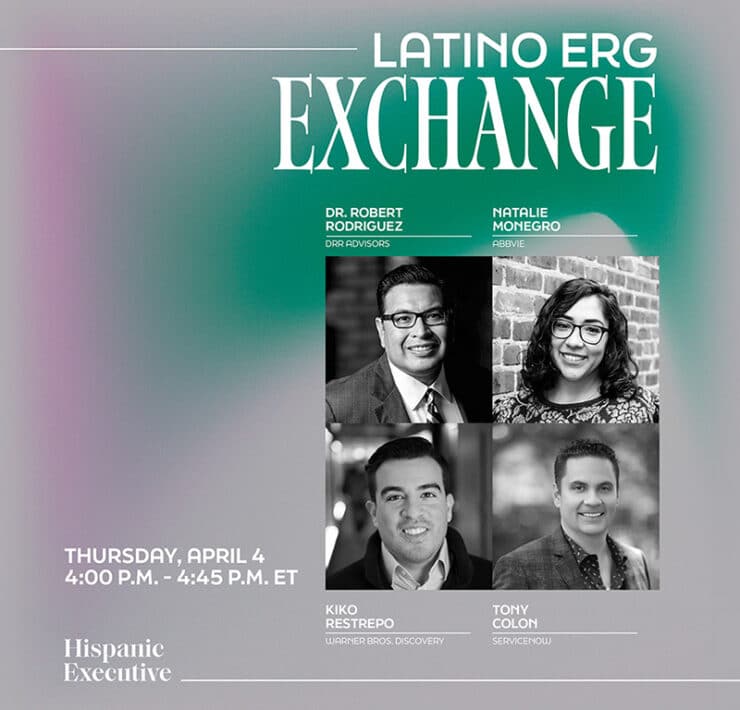
Environmental, social, and corporate governance (ESG) has only been around for about a decade, but that’s no excuse for companies to neglect it, especially if they want to continue recruiting fresh talent and ensure long-term organizational success.
That was the gist of Leading with Purpose: A Conversation around Social Impact and Sustainability. In an event hosted by Liberty Mutual, three major Latino ESG leaders shared their insights: Teri Arvesu, Senior Vice President of Social Impact & Sustainability at TelevisaUnivision, Luis Maes, Head of Global Social Impact at Electronic Arts, and Henry Veguilla, Vice President of Strategy Planning and Engagement in the Office of Sustainability at Liberty Mutual Insurance, who moderated the conversation.
Here are the key takeaways from their discussion:
It’s a (New) Journey
The experts prefaced the conversation by acknowledging that ESG is still a relatively new concept, and the work varies across companies and industries. Some companies have only recently begun to create formal processes around ESG efforts, so ESG activities are happening but in an uncoordinated fashion.
Also, there is no general standard to mark success when it comes to implementation and execution of ESG efforts, and ESG efforts should align with the company’s mission. To this end, companies need to really look inward and ask themselves whether they are living their ESG values. It’s crucial for ESG professionals to set real, tangible targets and objectives.
The New Generation Has High Expectations
We’re in the middle of a talent war. Solid ESG goals and efforts are critical for companies that want to attract the best and brightest talent. ESG can help contribute to a positive company culture, which then leads to high retention. These efforts can also help attract socially minded investors and clients.
The speakers noted that younger professionals have a whole new set of priorities when it comes to identifying an organization they want to work for. They’re eager to work for socially focused companies, and they’re asking honest questions that older generations might have once felt uncomfortable asking. The stakes are different for younger generations, so corporations need to evolve and accelerate their ESG efforts if they want to keep attracting fresh talent.
The COVID-19 pandemic also accelerated the need for real ESG work. Prior, corporate social responsibility was a “nice to do” and not necessarily always core to the business. Now it’s front and center.
Transparency is Key
ESG cannot be painted with a broad stroke. Leaders in this space must think of the role they play in society and ask themselves whether they’re part of the problem or part of the solution. If one can take those two principles and apply them to what they do, they’ll be the best at ESG. It’s also important to prove you are doing this kind of work authentically. When you can prove value, the money will come.
Additionally, if your organization is far from reaching its ESG goals do not gloss over that fact. It can be daunting but people will appreciate that transparency.
Companies should look at it this way: do you want your employees to be ambassadors or whistleblowers?
It’s important that companies have good answers for employees who have questions around their organization’s ESG efforts and that organizations demonstrate their ESG commitments with hardcore evidence. Employees might call out their companies before customers do, and that is a bigger problem.







